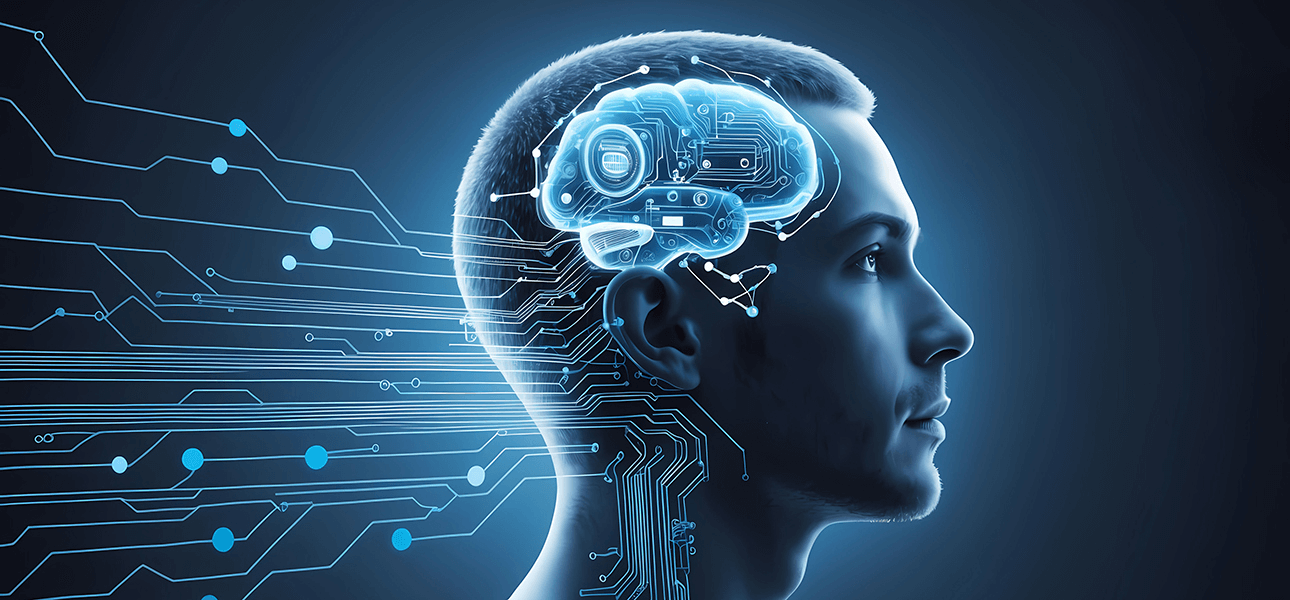
One of the biggest advantages of AI chatbots in customer support is their ability to provide instant responses. Unlike human agents who may be limited by working hours or a queue of inquiries, AI-powered chatbots are available 24/7. This ensures that customers receive prompt assistance regardless of time zones or business hours. Quick responses reduce frustration, keep customers engaged, and improve overall satisfaction. Additionally, AI chatbots can be programmed to handle multiple interactions simultaneously, making them a scalable solution for businesses experiencing high volumes of customer inquiries.
Beyond availability, AI chatbots also enhance the personalization of customer interactions. Using machine learning algorithms, chatbots analyze customer preferences, previous interactions, and behaviors to provide tailored recommendations and responses. This level of personalization helps businesses build stronger relationships with their customers, making interactions more relevant and efficient. Whether it’s guiding a customer through a troubleshooting process or recommending a product based on past purchases, AI chatbots bring a level of convenience that traditional customer support often struggles to match.
AI chatbots not only improve customer experience but also help businesses reduce operational costs. Hiring and training human agents require significant investment, whereas AI chatbots provide a cost-effective alternative for handling routine inquiries. While they may not entirely replace human agents, they serve as the first line of support, handling frequently asked questions and simple issues, freeing up human agents to focus on more complex customer concerns. This balance between AI and human support leads to greater efficiency and cost savings.
Moreover, AI chatbots continue to evolve and learn over time. Through natural language processing (NLP) and AI-driven analytics, these chatbots improve their ability to understand customer queries, refine their responses, and reduce the likelihood of miscommunication. This means that as businesses grow, AI-powered support solutions can scale accordingly without a proportional increase in staffing costs. Automation of repetitive tasks also means human agents experience less burnout, leading to improved job satisfaction and performance.
Despite the many advantages of AI chatbots in customer support, challenges still exist. One major concern is ensuring that AI responses remain accurate and contextually appropriate. While chatbots are getting better at understanding natural language, there are still instances where they may misinterpret a customer’s request or fail to provide a satisfactory response. Businesses need to continuously refine chatbot training data and integrate human oversight to prevent frustrating customer experiences.
Another challenge is striking the right balance between automation and human interaction. While AI chatbots excel at efficiency, customers still value the empathy and problem-solving skills that human agents provide. Ensuring seamless escalation from AI to human support is crucial for maintaining high levels of customer satisfaction. Businesses that find the right mix of AI automation and human engagement will have a competitive advantage in the evolving customer support landscape.
Looking ahead, AI chatbots will continue to evolve, incorporating advanced capabilities such as voice recognition, emotion detection, and predictive analytics. These enhancements will further improve the quality of customer interactions, making chatbots even more indispensable to businesses. As AI technology advances, the potential for chatbots to transform customer support will only grow, making them a critical component of modern customer service strategies.